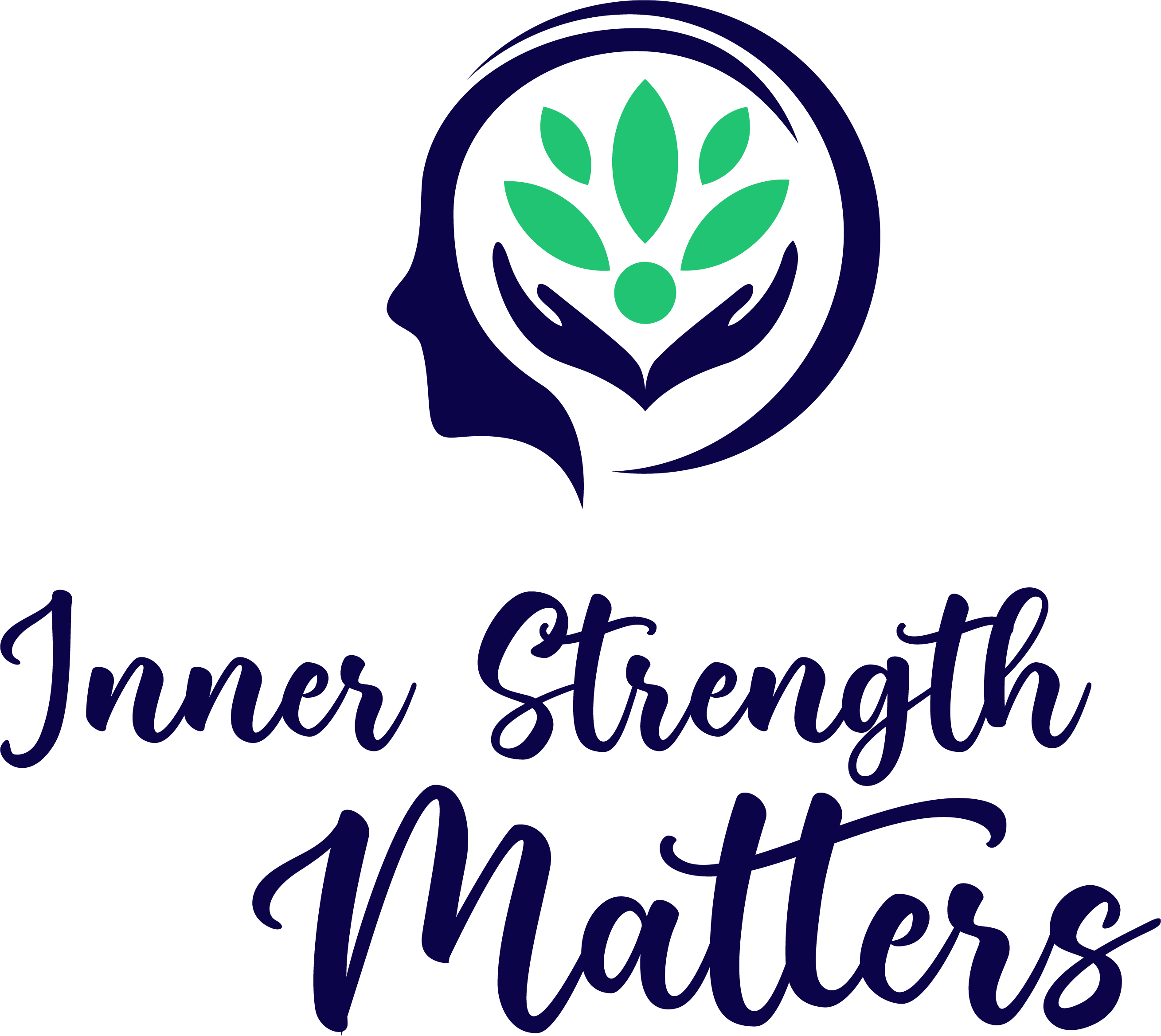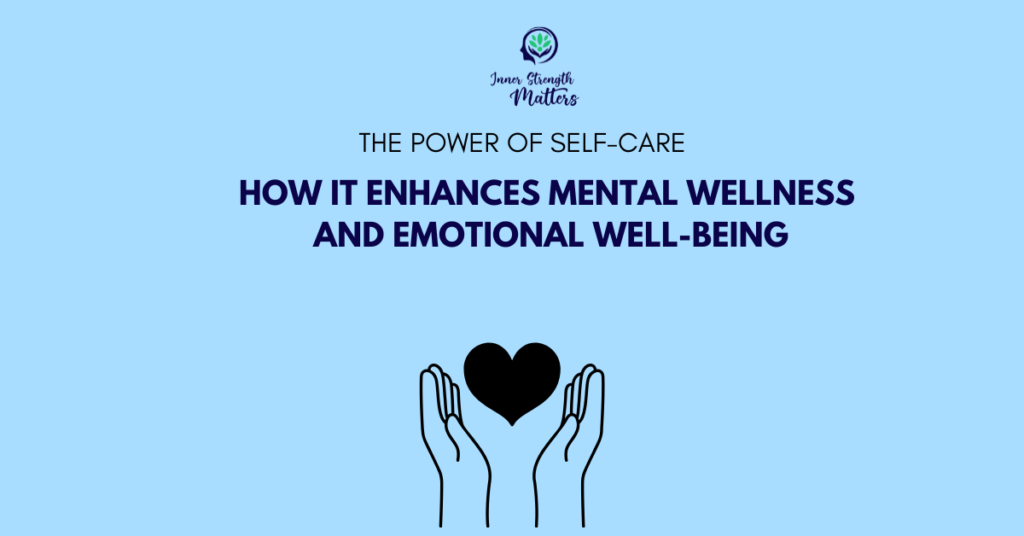Self-care is an essential aspect of maintaining mental wellness. It refers to deliberate actions individuals take to nurture their emotional, psychological, and physical well-being. In today’s fast-paced world, stress, anxiety, and burnout are common challenges, making self-care more important than ever.
Practicing self-care is not a luxury but a necessity for sustaining overall well-being. It helps individuals manage stress, improve resilience, and foster a balanced state of mind. By incorporating regular self-care practices, individuals can significantly enhance their mental wellness and lead healthier lives.
The Connection Between Self-Care and Mental Health
Mental health is influenced by various factors, including lifestyle choices, stress management, and emotional resilience. Engaging in self-care activities positively impacts mental well-being by reducing stress, improving mood, and enhancing cognitive function.
When individuals neglect self-care, they are more prone to anxiety, depression, and emotional exhaustion. On the other hand, prioritizing self-care strengthens the mind-body connection, helping individuals cope with daily challenges more effectively.
Types of Self-Care for Mental Wellness
Self-care encompasses various dimensions, each contributing to overall mental wellness. Below are key types of self-care that support emotional and psychological health:
Physical Self-Care: Regular exercise, a balanced diet, and sufficient sleep play a crucial role in maintaining mental well-being.
Emotional Self-Care: Engaging in activities that bring joy, expressing emotions healthily, and seeking support from loved ones contribute to emotional stability.
Social Self-Care: Building strong relationships, maintaining social connections, and setting healthy boundaries help in reducing stress and loneliness.
Spiritual Self-Care: Meditation, mindfulness, and personal reflection foster a sense of purpose and inner peace.
The Importance of Setting Boundaries
One of the key aspects of self-care is setting and maintaining healthy boundaries. Many people struggle with overcommitment, which can lead to stress and mental exhaustion. Learning to say no, prioritizing personal time, and establishing clear boundaries with work, family, and social obligations are crucial steps in enhancing mental wellness.
Healthy boundaries protect emotional well-being, prevent burnout, and create a balanced lifestyle. They allow individuals to focus on their needs without feeling overwhelmed by external pressures.
The Role of Mindfulness and Relaxation Techniques
Mindfulness and relaxation techniques are powerful self-care strategies that support mental wellness. Practices such as deep breathing, meditation, and progressive muscle relaxation help reduce stress and promote emotional balance.
Studies have shown that mindfulness improves focus, lowers anxiety, and enhances emotional regulation. Incorporating mindfulness into daily life through meditation, yoga, or simple breathing exercises can lead to long-term mental health benefits.
The Power of Sleep in Mental Wellness
Sleep is a crucial yet often neglected aspect of self-care. Poor sleep patterns contribute to increased stress, mood disorders, and cognitive difficulties. Establishing a consistent sleep routine, creating a restful environment, and limiting screen time before bed are essential practices for improving sleep quality.
Adequate rest allows the brain to recharge, process emotions, and maintain emotional stability. Prioritizing sleep as a self-care practice significantly enhances overall mental wellness.
Conclusion
Self-care is a powerful tool in enhancing mental wellness. It encompasses various aspects, including physical health, emotional balance, social connections, and mindfulness practices. Prioritizing self-care allows individuals to build resilience, reduce stress, and improve overall quality of life.
By making self-care a daily habit, individuals can achieve greater emotional stability, prevent burnout, and foster long-term mental wellness. The journey to better mental health begins with intentional self-care, empowering individuals to lead happier and healthier lives.

